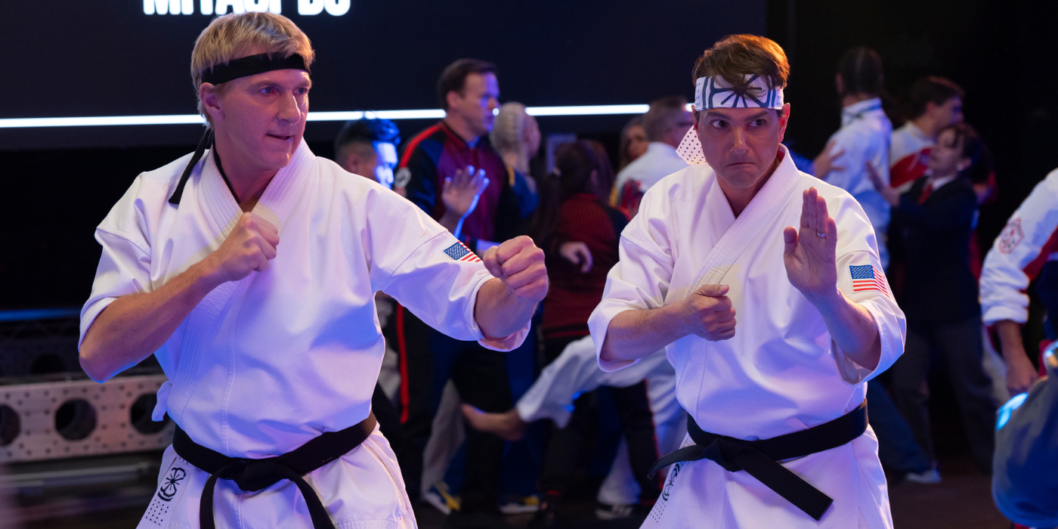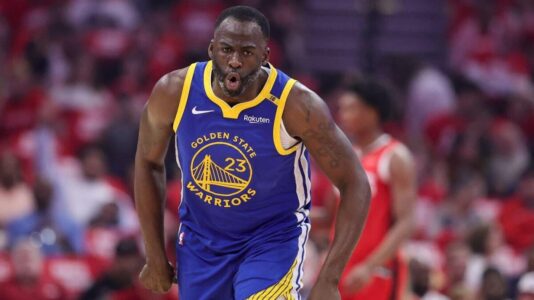Cobra Kai: A Legacy of Redemption and Growth
When Cobra Kai premiered in 2018, it posed a provocative question: "Can an ’80s villain truly redeem himself?" Set in the aftermath of the Karate Kid films, the series boldly shifts its focus to Johnny Lawrence, portrayed by William Zabka. Once the embodiment of the antagonist, Johnny’s life took a downturn after his defeats to Daniel LaRusso (Ralph Macchio). However, his journey of personal redemption and growth through the reopening of the Cobra Kai dojo has resonated with viewers, making Cobra Kai more than just a nostalgic throwback.
Reimagining the Narrative
Unlike traditional legacy sequels like Creed and Star Wars: Episode VII, which often lean heavily on homage, Cobra Kai breaks new ground by exploring deeper themes of personal transformation. Initially, it seems logical that Daniel would be the one to carry on the teachings of his mentor, Mr. Miyagi (Pat Morita). But as the series progresses, it becomes evident that Johnny embodies the philosophy of Miyagi more seamlessly, teaching his students through unconventional methods that prompt their growth—much like Miyagi did for Daniel. This inversion of roles establishes Johnny as a surprising hero as he redefines what it means to mentor.
A Dynamic Mentorship
The relationship between Johnny and his student Miguel Diaz (Xolo Maridueña) draws parallels to the iconic bond between Daniel and Mr. Miyagi. Johnny saves Miguel from bullies in the first episode, echoing Miyagi’s protection of Daniel. While both mentors have differing teaching styles—Miyagi’s gentle techniques contrast with Johnny’s tough-love approach—over time, Johnny evolves into a far more effective instructor than his former sensei, John Kreese (Martin Kove).
The tension of the narrative unfolds as both characters—Johnny and Daniel—struggle with their teaching philosophies. Initially, Daniel focuses on undermining Johnny’s dojo, leading to a rivalry that complicates their relationships with students and loved ones. However, as the series progresses, the two mentors learn that their philosophical differences can complement rather than conflict, echoing the theme of adaptability in teaching.
Exploring Redemption and Vulnerability
Cobra Kai delves into the darker chapters of Johnny’s life, particularly in Season 6, where he embarks on a romantic relationship with Miguel’s mother, Carmen (Vanessa Rubio). Complications during pregnancy create parallels to the tragic elements of Mr. Miyagi’s past, emphasizing the humanity in both characters. Juan’s growth as a person reflects the notion that even those with burdensome histories can transform into better versions of themselves.
In this emotionally charged season, Johnny’s reconciliation with Kreese serves as a poignant moment. Their shared recognition of past mistakes strays into territory usually absent from typical action dramas, showcasing a significant character development arc for Johnny. This reflects a deeper narrative where masculinity is officey to vulnerability, allowing him to become a more effective mentor.
Final Lessons and Legacy
As Cobra Kai wraps up its final season, it attains a powerful conclusion, with Johnny and Daniel merging their philosophies to teach a new generation of karate students. Jointly preparing for the Sekai Taikai, they learn to balance their differing styles, with Johnny remarking, "It’s okay not to be Miyagi-Do all the time." This partnership showcases how their collaboration yields success, emphasizing that mentorship thrives on mutual respect and understanding.
Jon Hurwitz, co-creator of Cobra Kai, articulated this sentiment in an interview: “This was a joint victory between Johnny and Daniel… These two people with very different philosophies in life can come together as one and win the day." This conclusion not only underscores the significance of cooperation but also redefines legacy by showcasing how growth can occur in unexpected forms.
Conclusion: The Impact of Cobra Kai
Cobra Kai stands as a compelling narrative that evolves the original Karate Kid storyline. Through the lens of redemption, mentorship, and collaboration, the show enriches the protagonist-antagonist relationship, transforming Johnny Lawrence into a legitimate hero. This reimagining invites audiences to consider the possibility of growth and redemption, making the series resonate well beyond its nostalgic foundations. With its availability on Netflix, Cobra Kai solidifies its place in contemporary pop culture, leaving a lasting impact on how we view legacy and mentorship in storytelling.









